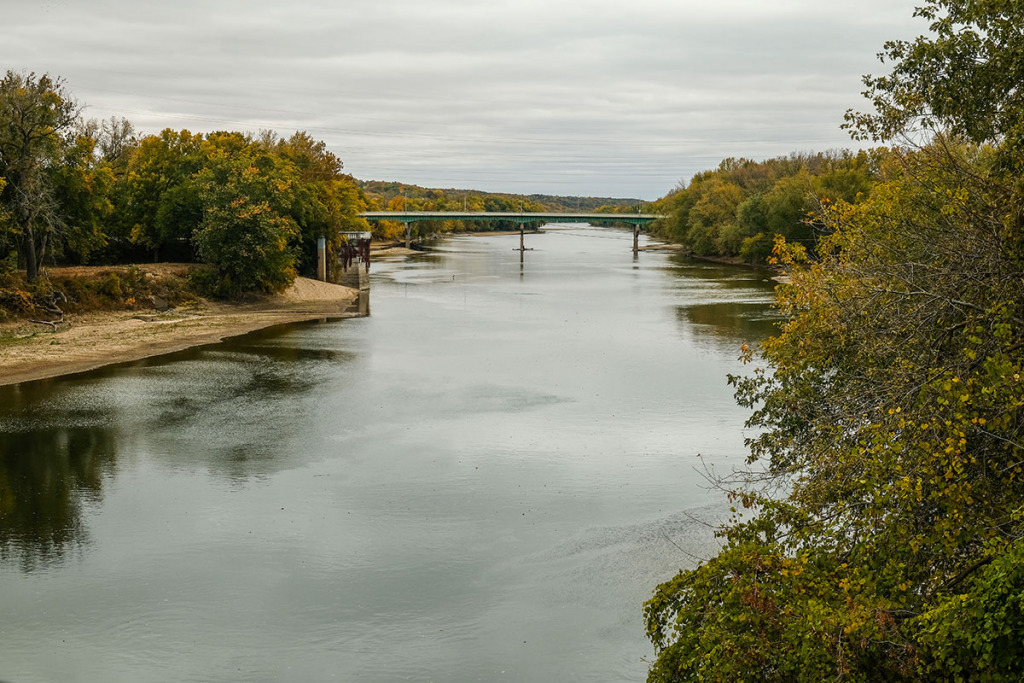
Indiana energy secretary highlights ‘regional approaches,’ conservation priorities at water summit
Indiana Secretary of Energy and Natural Resources Suzanne Jaworowski told attendees at the annual Indiana Water Summit on Thursday that a pending statewide water plan must be “transparent, data-driven and developed collaboratively.”















